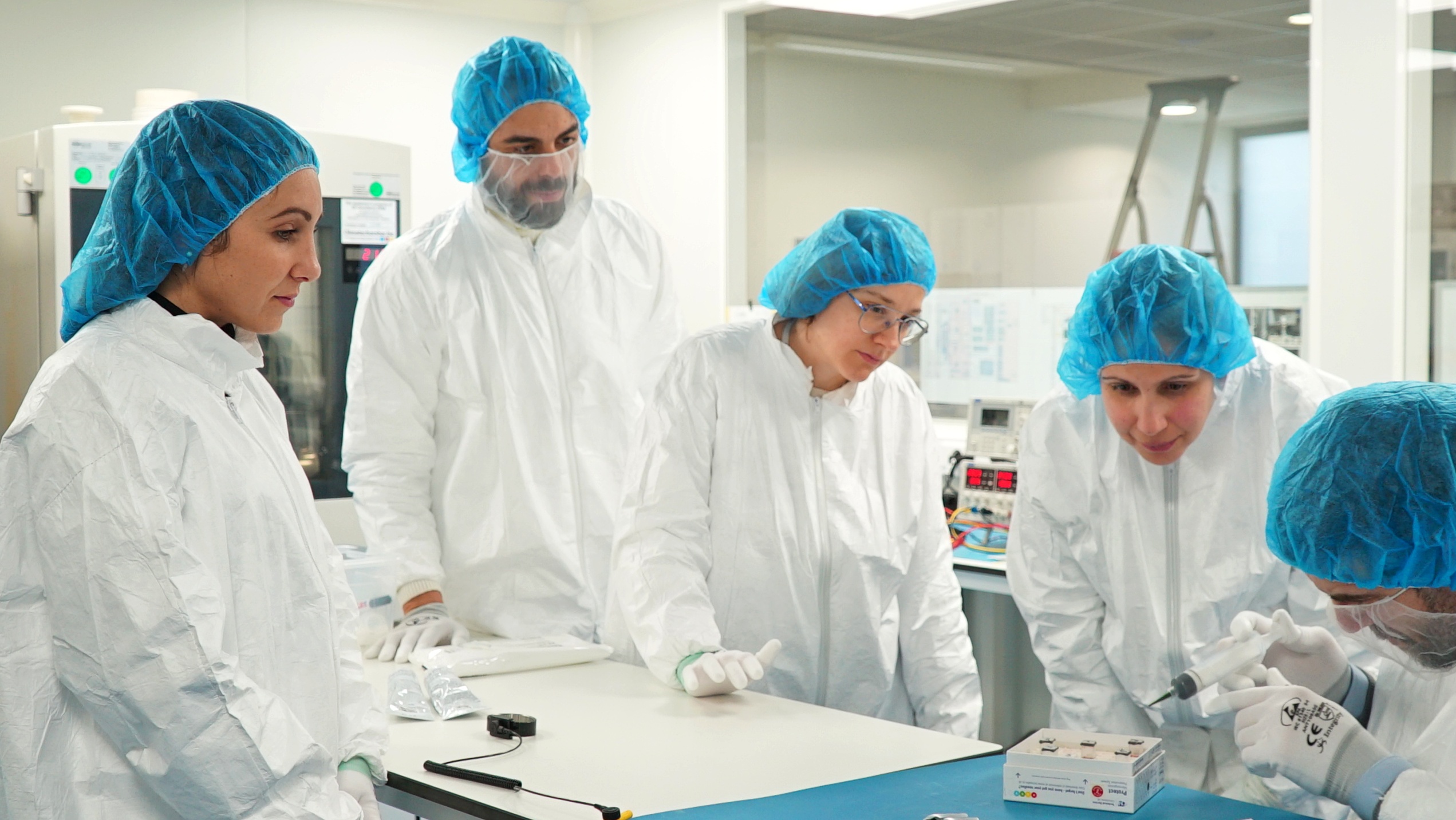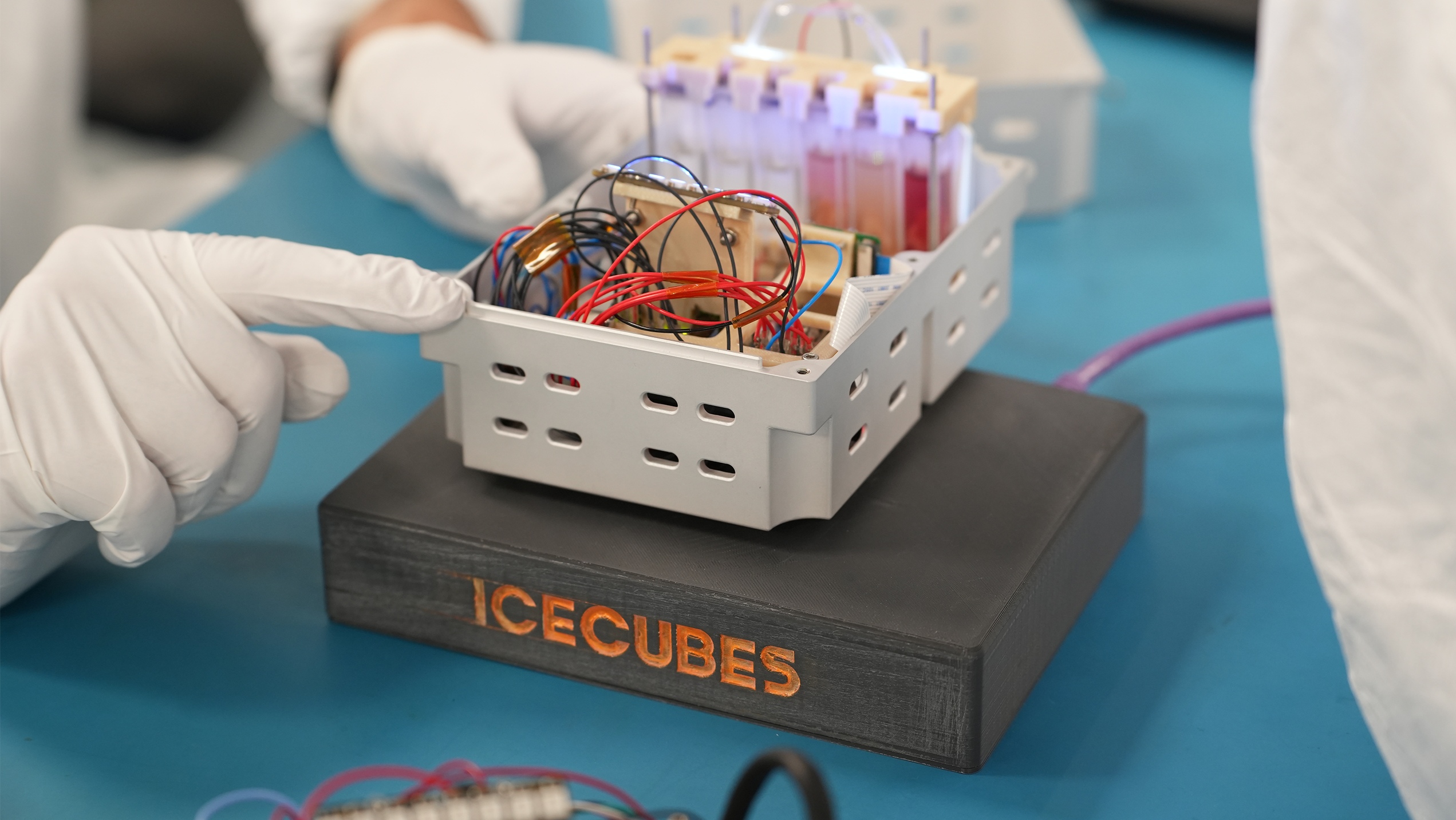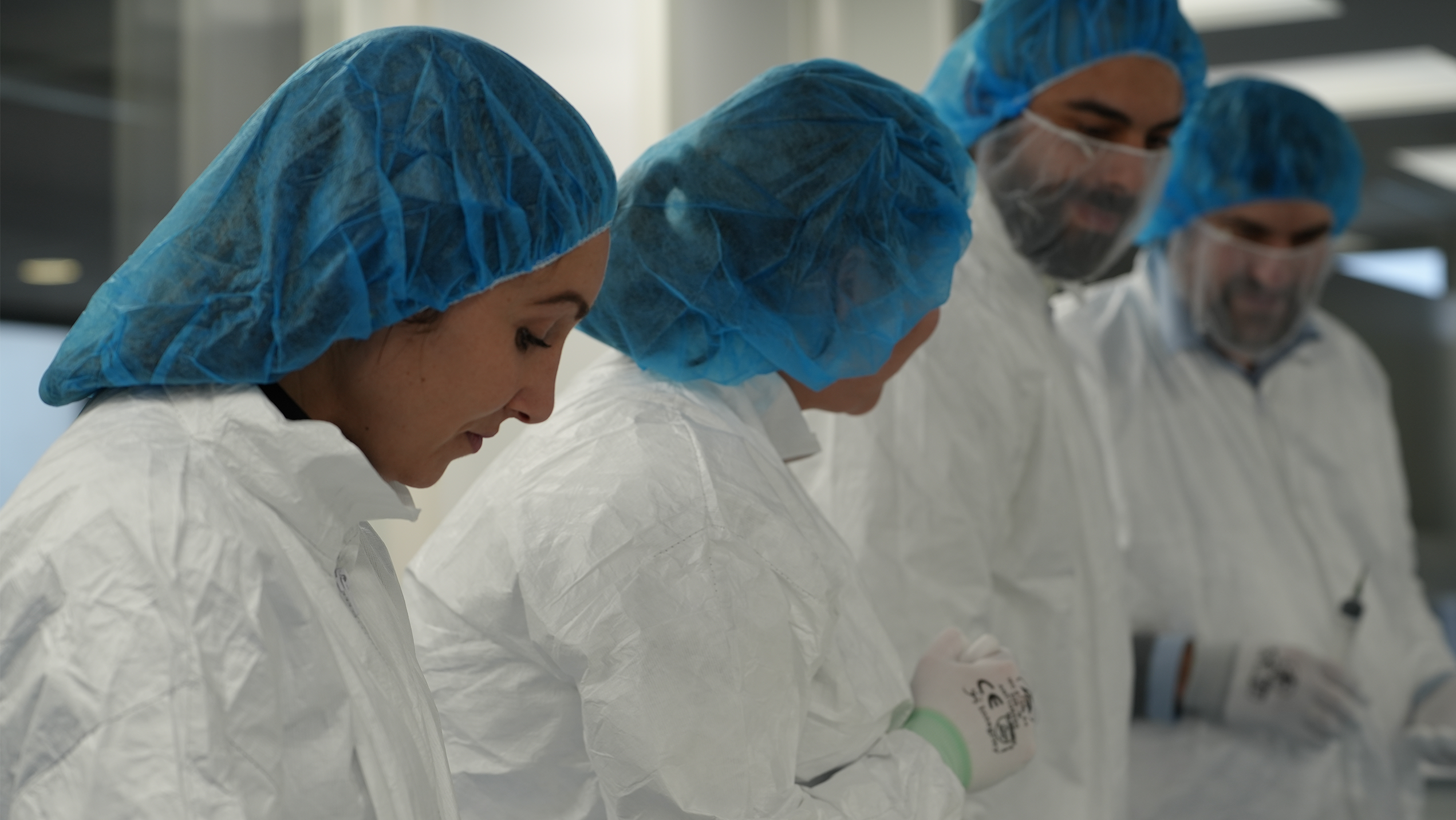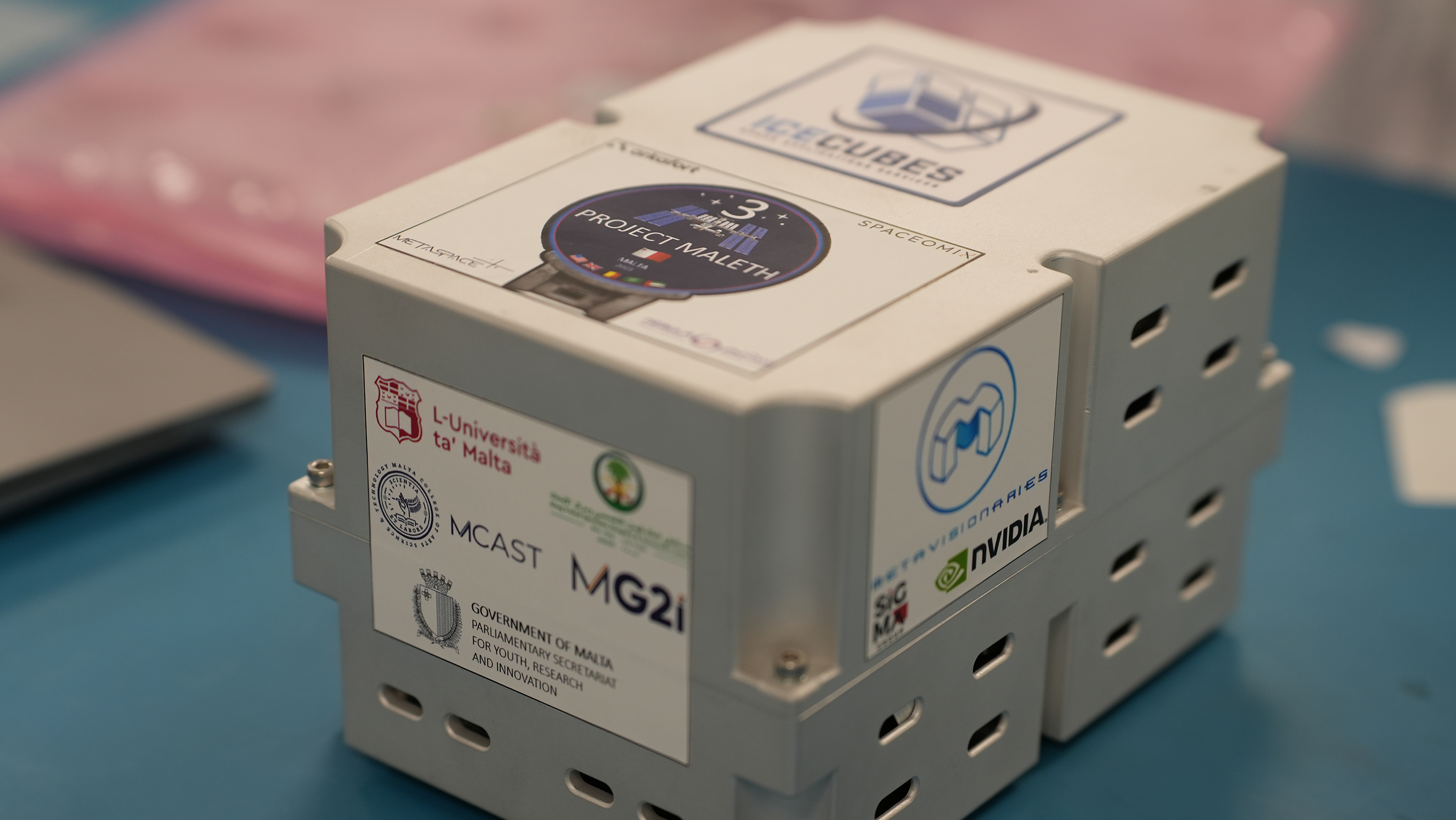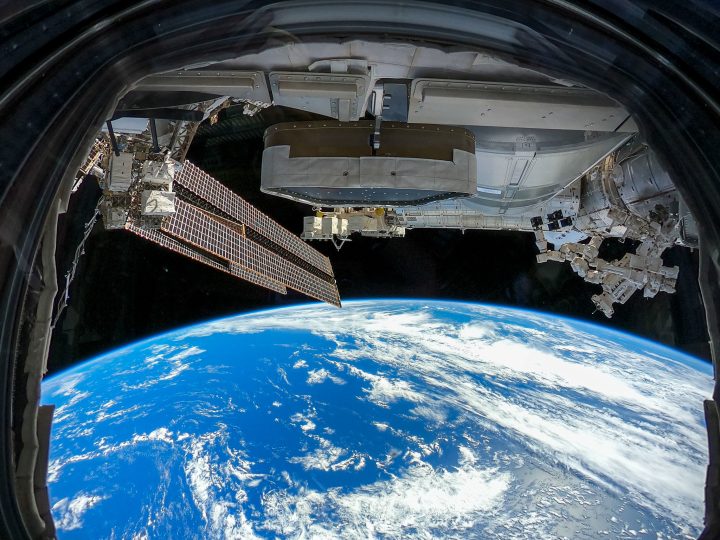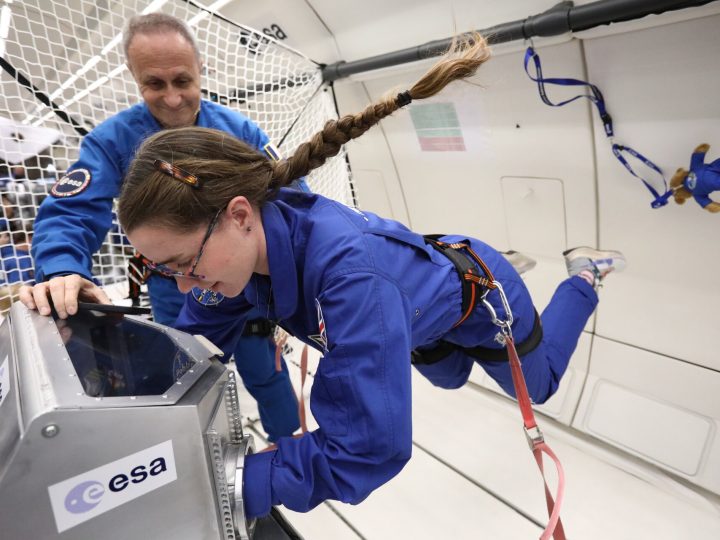The third commercial research project from Spaceomix, Maleth-III, is now ready to be launched to the International Space Station (ISS) with SpaceX CRS-27 later this month. It will then be hosted on our commercial partner Space Applications Services platform the ICE Cubes Service.
This cube will be installed by the astronaut Sultan Al Neyadi from the United Arab Emirates.
What is project Maleth?
Project Maleth is led by Professor Joseph Borg, a molecular geneticist and biomedical laboratory scientist from the University of Malta.
2 experiments have already been conducted on the ISS and enabled by the ICE Cubes service, the commercial service provider in partnership with ESA.
In 2021, Project Maleth, the first ever Maltese space mission, sent skin samples from patients with diabetic foot ulcers (DFUs) to be cultured on the ISS.
In 2022, Maleth II flew to the same space laboratory to follow up on the first research results and conduct additional studies on yeast cells to observe how they would react to the space environment.
This time, the Maleth III will consist in another follow up research on the diabetic foot ulcers (DFUs) experiment. This time the samples (human skin tissue and microbiome) are coming from three diabetic patients from the Saudi hospital King Faisal Specialist Hospital & Research Centre and three normal controls from Malta.
Maleth III will also sequence the full genomes of human DNA and microbes in partnership with Weill Cornell Medicine.
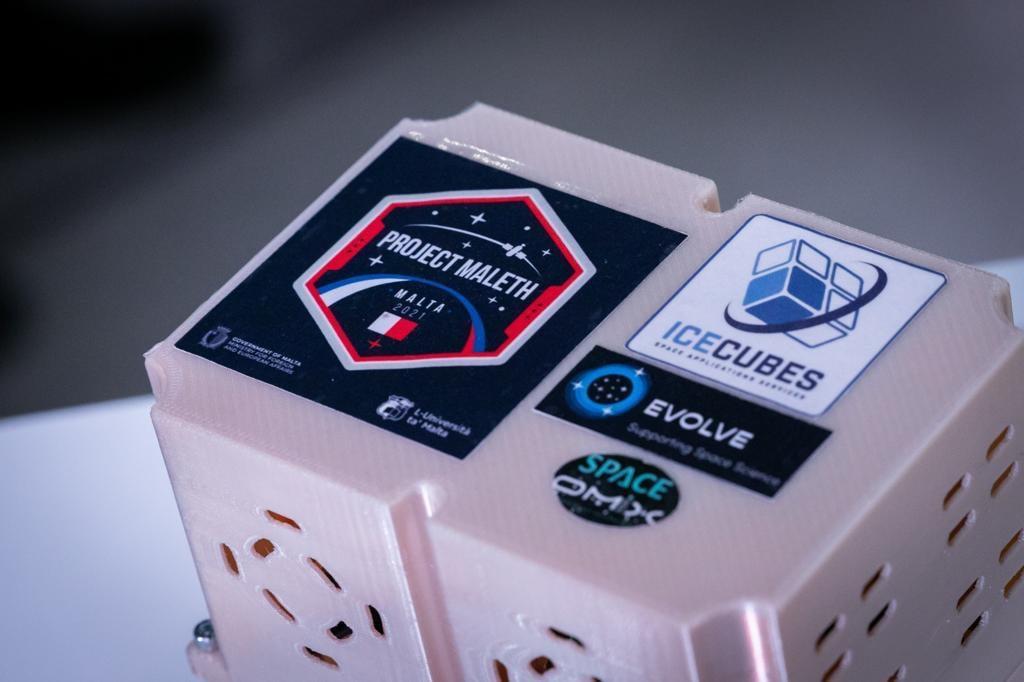
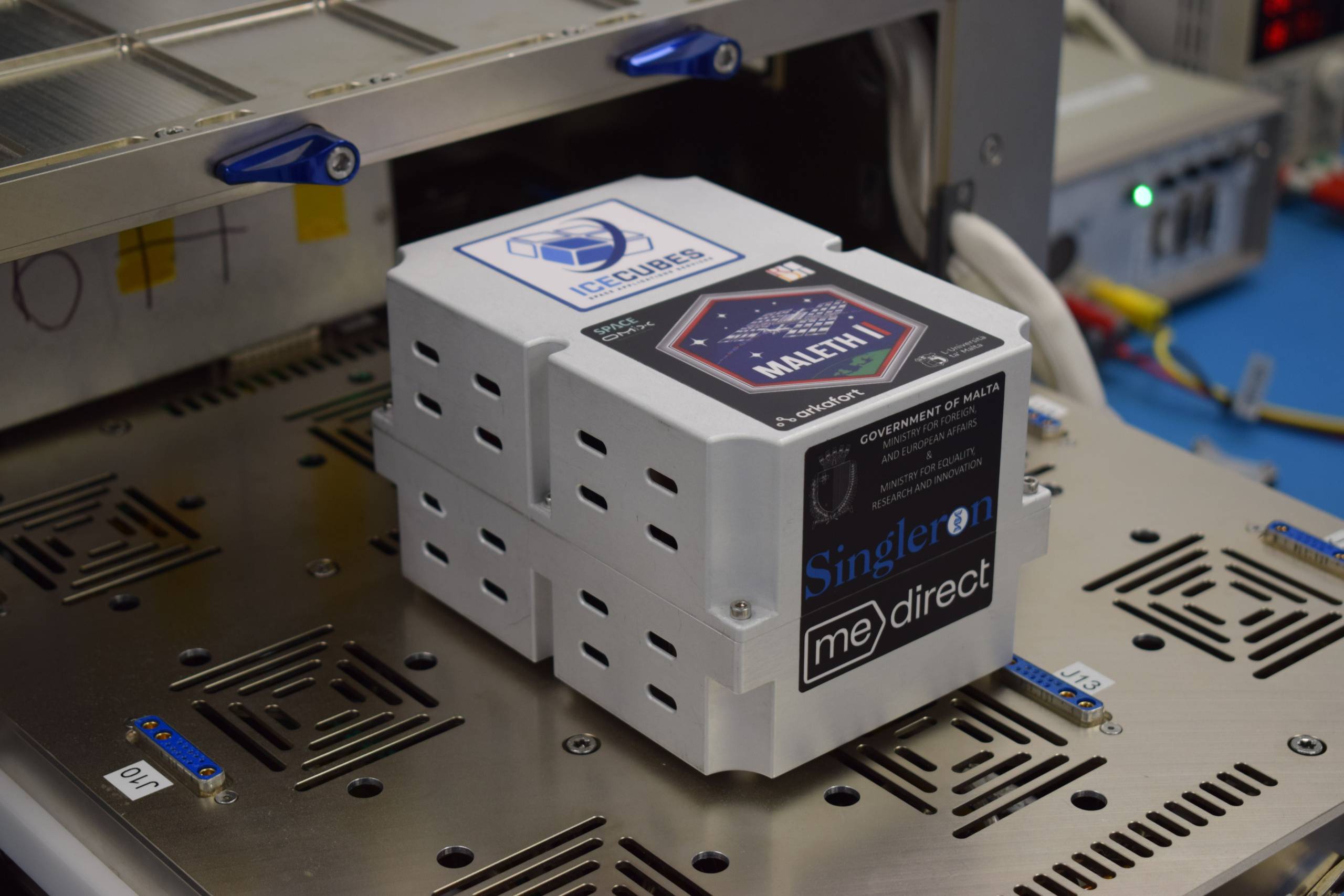
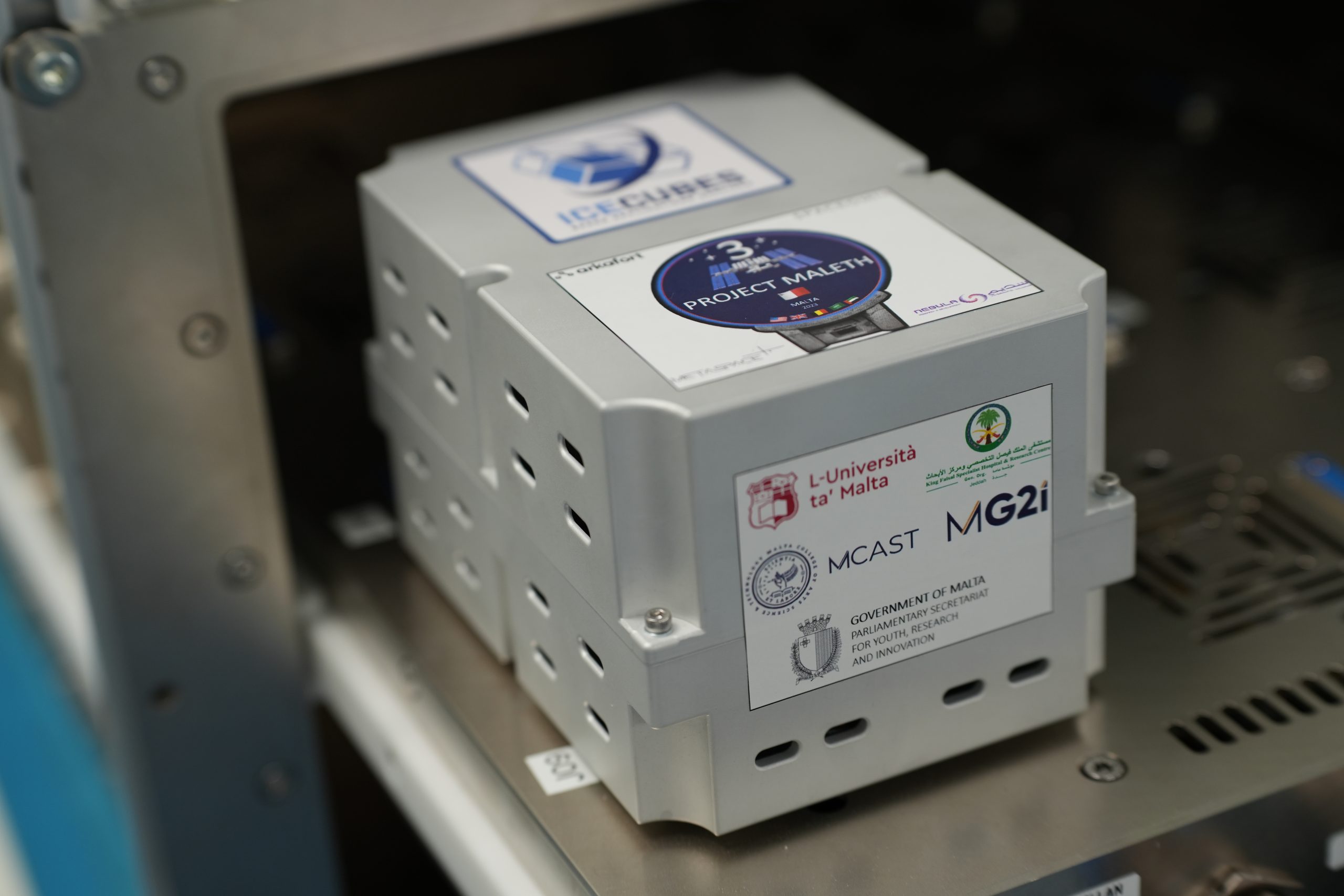
Who is involved in the Maleth III project?
Ms Christine Gatt’s doctoral program is funded by The Malta Tertiary Education Scholarship Scheme (TESS).
Maleth Program is supported by the Ministry for Foreign and European Affairs (MFEA), Government of Malta; the Parliamentary Secretary for Youths, Research and Innovation, Ministry of Education, Malta; University of Malta and the Research Innovation Development Trust Foundation (RIDT); Evolve Ltd; MeDirect Bank Malta; Singleron Biotechnologies Cologne, Germany; Metavisionaries Oxford UK; King Faisal Specialist Hospital and Research Centre, Jeddah, Saudi Arabia; MCAST and MG2i Malta; Space Application Services, Brussels, Belgium and Weill Cornell Medicine, NY, USA.
Why do research in space?
Microgravity frequently has innovative and beneficial effects on all biological organization levels, including cells, tissues, organs, and organisms. In some cases, these effects help solve medical, biotechnological, and other issues on Earth. We can produce drugs, materials, and living tissue in microgravity, which is impossible in Earth’s 1g gravity setting.
Microgravity, high radiation, and access to the space environment all combine to offer a singular opportunity for the study of various biological experiments and basic biomedical science problems, which may then have consequences for actual clinical issues back on Earth.
Maleth III - Video
Maleth III - Preparation Pictures
Maleth III - Conference
Maleth was represented at the SPACE OPS 2023 conference in Dubai in March 2023 by Professor Joseph Borg.
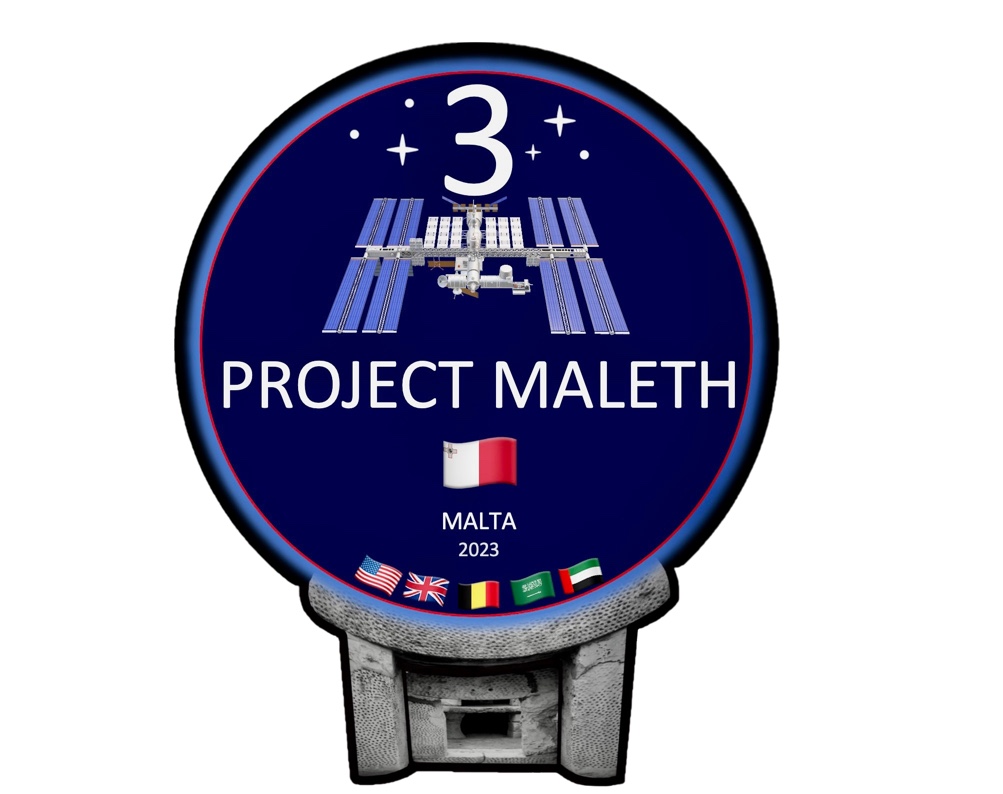
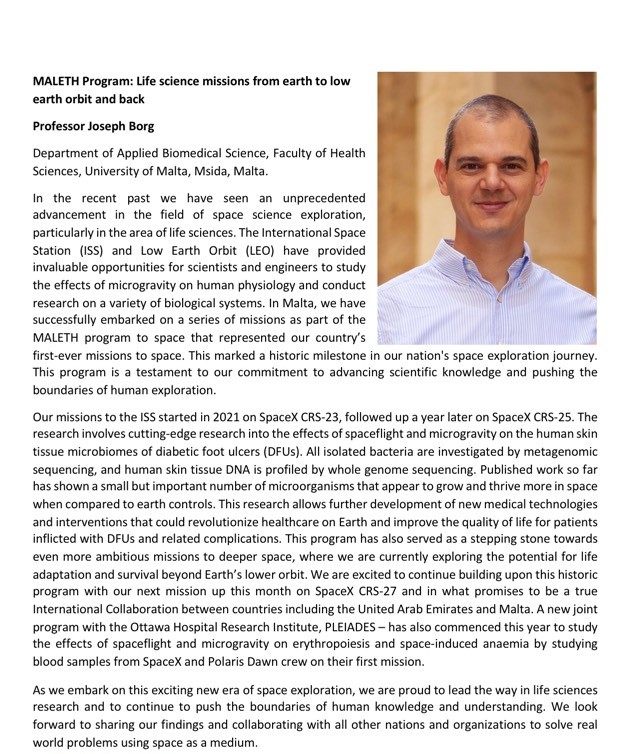
JOIN OUR ORBIT
Stay in the loop
Be the First to know about News, Events, and other Opportunities
